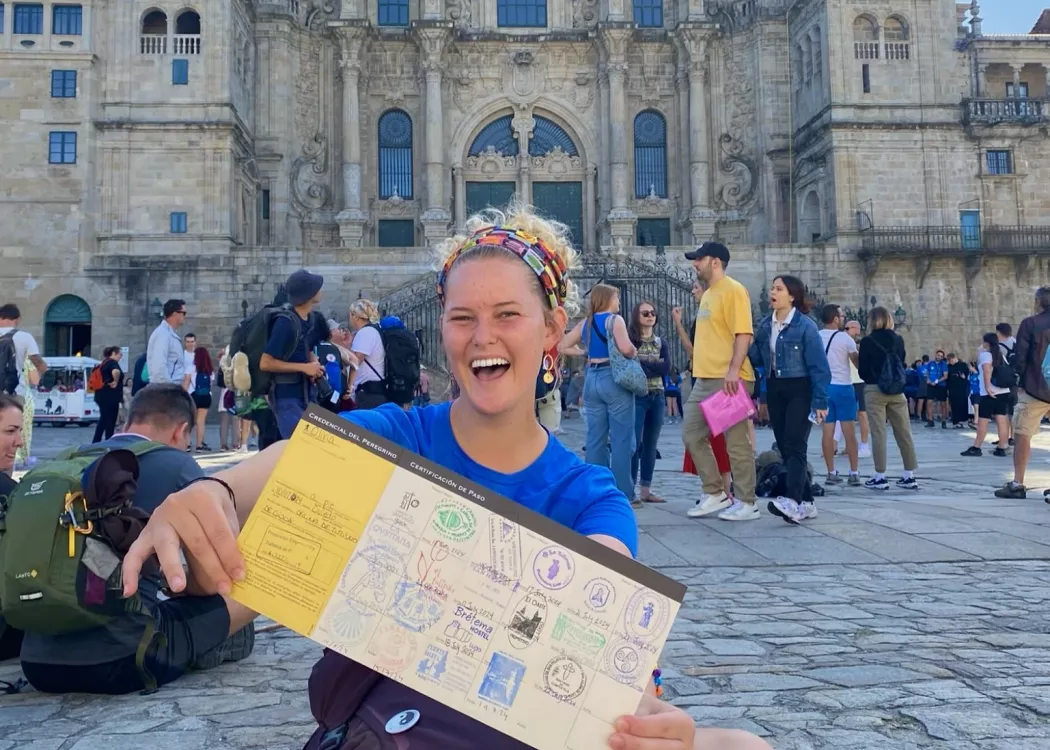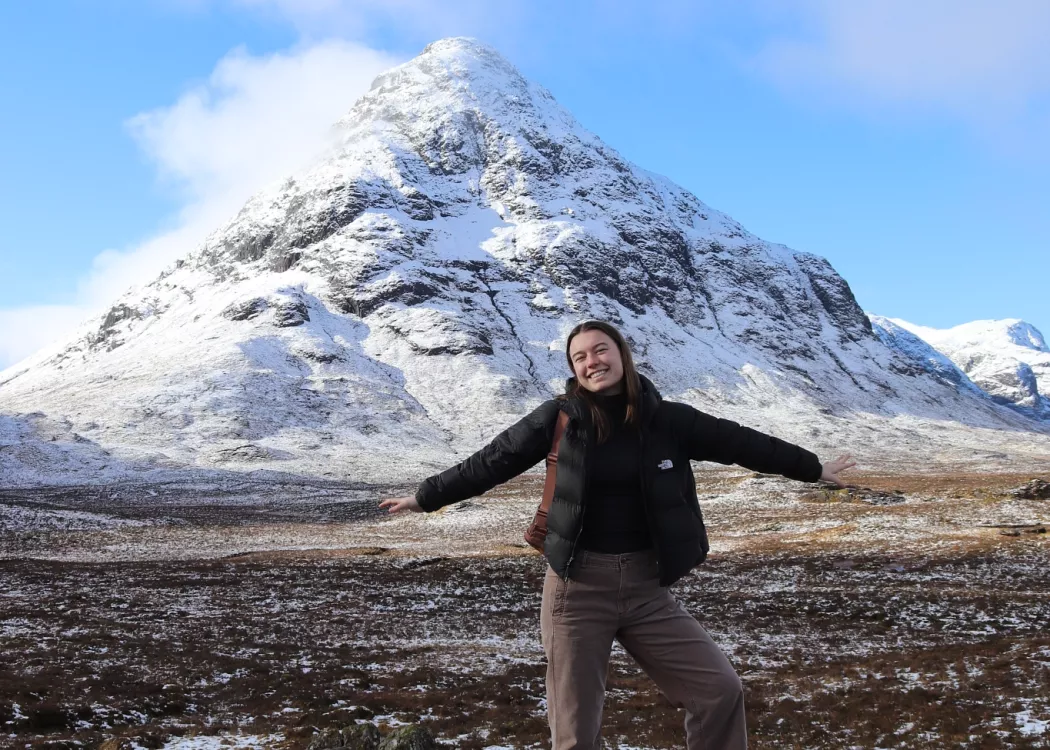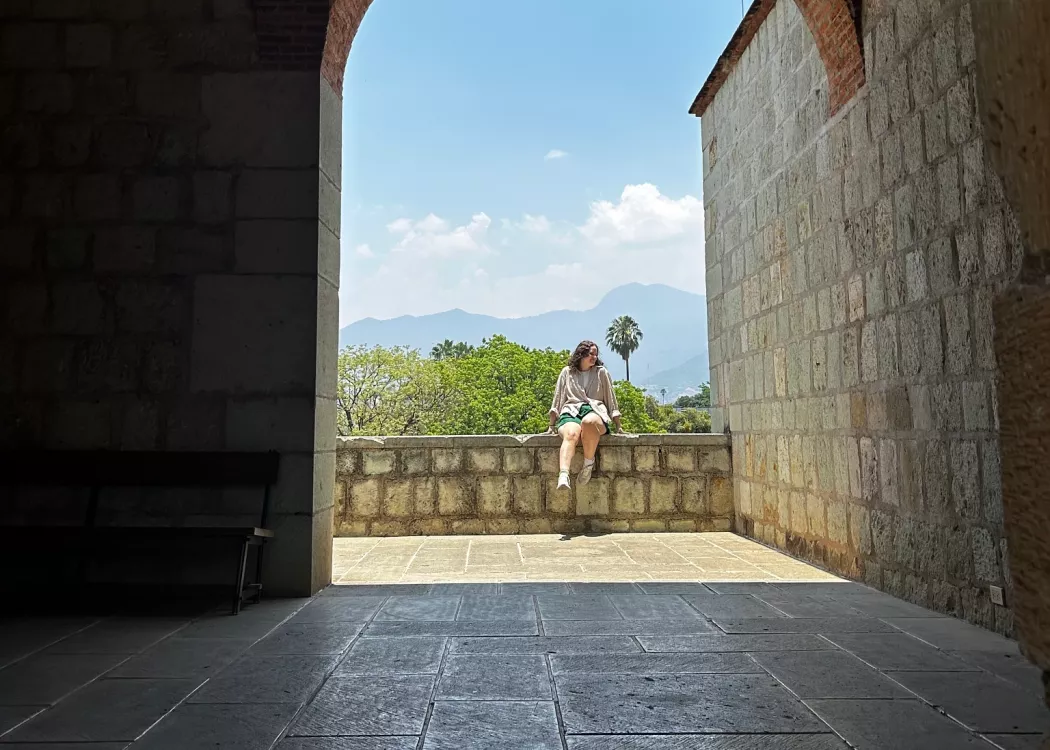
Looking to study abroad?
Whether you're just starting to explore global opportunities, need help finding financial aid and scholarships or want to talk through your plans, we're here to support you every step of the way. Make your study abroad dream a reality today.
UofL Deadlines
Spring and Winter Break Programs
Summer, Fall, and Academic Year Deadline
Pre-Departure Orientation
Spring and Winter Break Programs
Summer, Fall, and Academic Year Programs





